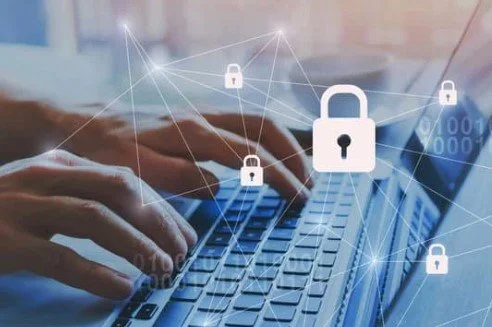Safeguarding Your Privacy in the Digital Age: Consumer Perspective
The Rising Threat: Why Your Data Needs Protection Now More Than Ever!
In an era where our lives are increasingly lived online, the importance of safeguarding your data has never been more apparent. Over the past 5 years, fraud rates have skyrocketed by nearly 70% globally (source: PwC’s Global Economic Crime and Fraud Survey), with millions of individuals falling victim to identity theft, financial fraud, and data breaches. But as a consumer, how often do you think about the personal information you share everyday?
Understanding Your Digital Footprint: Are You Truly in Control of Your Data?
Have you ever considered how your data is being used by the websites you visit, the apps you download, and the social media platforms you frequent? With the rise of incognito searches and privacy-focused search engines like DuckDuckGo—whose user base has surged by over 50% in the last few years (source: DuckDuckGo Traffic Analysis, 2023)—it’s clear that more people are becoming aware of the need to protect their privacy. But are these steps enough?
Practical Steps to Safeguard Your Online Presence
The reality is that your data is valuable, and in the wrong hands, it can be used against you. So, what can you do to protect yourself? Start by taking control of your online presence. Use strong, unique passwords for every account, and consider using a password manager to keep them secure. Enable two-factor authentication wherever possible, adding an extra layer of security. Regularly review the privacy settings on your social media accounts and be cautious about the information you share online—ask yourself if it’s really necessary to post that detail.
Taking Ownership: Your Role in Protecting Personal Privacy
Furthermore, consider using privacy-focused tools like VPNs to mask your online activity and limit the amount of data that can be collected about you. Keep a close eye on your financial statements, and use credit monitoring services to detect any suspicious activity early. Remember, the responsibility to protect your privacy doesn’t just fall on businesses—it starts with you.
So, the next time you’re online, pause and think:
How much information are you willing to give away?
And what steps are you taking to ensure it stays safe?




